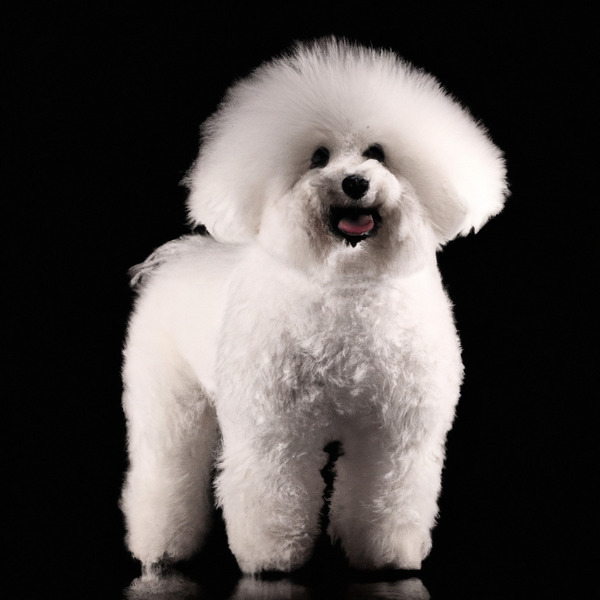Bolognese vs. Peruvian Inca Orchid: Breed Differences and Similarities
Hypoallergenic
Are Bologneses or Peruvian Inca Orchids hypoallergenic, or neither?
Both Bolognese and Peruvian Inca Orchid are hypoallergenic dogs, which make them ideal pets for people who are allergic to pets. Although no dogs are completely hypoallergenic, these breeds come very close and are great choices for those who suffer from pet allergies.
Watchdog Ability
Which dog breed makes a better watchdog, the Bolognese or Peruvian Inca Orchid?
Bolognese and Peruvian Inca Orchid are very good watchdogs. They are a vocal breed and are wary of outsiders, so if someone approaches your home or aims to intrude, these breeds are going to make sure everyone knows about it.
Origin
What is the origin of Bolognese and Peruvian Inca Orchid dog breeds?
Italy
Peru
Ancestry
What are the origins of Bolognese and Peruvian Inca Orchid breeds?
Bichon Frise, Maltese
Sighthound
Date of Birth
When were Bolognese and Peruvian Inca Orchid breeds first developed?
1200s
300 B.C.
Eye Color Possibilites
What are the eye colors of Bolognese and Peruvian Inca Orchid dogs?
Brown
Brown
Nose Color Possibilites
What are the natural nose colors of Bolognese and Peruvian Inca Orchid?
Black
Black
Coat Color Possibilites
What are the natural colors of the coat for Bolognese and Peruvian Inca Orchid breeds?
White
Black
White
Gray
Brown
Coat Length
What is the typical coat length for Bolognese and Peruvian Inca Orchid breeds?
Bologneses are known for their coat length.
Peruvian Inca Orchids have short coats.
Coat Density
What is the density of the coat of Bolognese and Peruvian Inca Orchid?
Coat Texture
What is the hair texture of Bolognese and Peruvian Inca Orchid?
Curly
Straight
Litter Size
What is the usual litter size for Bolognese and Peruvian Inca Orchid?
A Bolognese can have a litter of 12-14 puppies on average. However, it's worth noting that the size of the litters can vary greatly. Factors that can influence litter size include the health of the mother, breeding history, and genetics.
A Peruvian Inca Orchid can have a litter of 11-13 puppies on average. However, it's worth noting that the size of the litters can vary greatly. Factors that can influence litter size include the health of the mother, breeding history, and genetics.
Major Concerns
What are the major health concerns for Bolognese and Peruvian Inca Orchid breeds?
Patellar Luxation
Progressive Retinal Atrophy
Cataracts
Hip Dysplasia
Legg-Calve-Perthes Disease
Epilepsy
Acne
Skin Lesions
Irritable Bowel Disease (IBS)
Minor Concerns
What minor health issues should be kept in mind when owning Bolognese and Peruvian Inca Orchid?
Otitis Externa
Allergies
Missing Teeth
Occasional Tests
What occasional tests are recommended for Bolognese and Peruvian Inca Orchid breeds?
Eye
Hip
X-Rays
Eye Examination
Dental Examination
X-Rays
Dental Examination
Physical Examination
Endoscopy
Skin Evaluation
Energy
How do the energy levels of Bologneses and Peruvian Inca Orchids compare?
Bologneses' high energy levels make them unsuitable for a low-key dog, choose accordingly.
Peruvian Inca Orchids are suitable for those with a balanced lifestyle as they have an average energy level.
Exercise Needed
Bolognese vs Peruvian Inca Orchid exercise need comparison.
Bologneses require significant physical activity and suit those with an active lifestyle.
Peruvian Inca Orchids need moderate physical activity and are great for families and active individuals.
Tendency to Bark
Do Bologneses or Peruvian Inca Orchids bark more/less frequently?
Bologneses bark moderately when necessary and may also bark due to certain triggers like fear, alarm, boredom, greeting, separation anxiety and compulsive barking.
Peruvian Inca Orchid dogs are generally less vocal than other breeds and only bark when necessary, such as to alert their owner or communicate.
Grooming
Which breed is easier to maintain in terms of grooming, Bologneses or Peruvian Inca Orchids?
Bolognese and Peruvian Inca Orchid are breeds of dogs that do not require extensive grooming.
Brushing Frequency
What is the recommended brushing frequency for Bolognese and Peruvian Inca Orchid dogs?
Ideally, Bolognese should be brushed at least 2 or 3 times a week (preferably daily) improve shedding.
Peruvian Inca Orchid should be brushed at least once a week. Of course you can give them more frequent brushes if you find that they are still shedding a lot
Brushing Tools
What brushing tools are used for Bologneses and Peruvian Inca Orchids?
Pin Brush
Comb
Clipper
Nail Clipper
Comb
Nail Clipper
Intelligence
Comparing Intelligence: Bologneses vs Peruvian Inca Orchids
Bolognese is highly intelligent and very trainable.
Peruvian Inca Orchids are average in obedience intelligence but have a high IQ and may cause trouble if left unsupervised.
Affection Dependance
Which is the more affectionate dog breed: Bolognese vs Peruvian Inca Orchid?
Dog Friendly
Which breed is more sociable with other dogs: Bolognese or Peruvian Inca Orchid?
Bologneses are average in their friendliness towards other dogs, and socialization can help.
Peruvian Inca Orchids are friendly and active companions, and can be good family pets, though their friendliness towards other dogs may vary.
Playfulness
Which breed is more playful between Bolognese and Peruvian Inca Orchid?
Bologneses have an average level of playfulness, enjoying playtime like most dogs but not excessively so.
Peruvian Inca Orchids are not known for being a highly playful breed.
Trainability
How do the trainability levels of Bologneses and Peruvian Inca Orchids compare?
Bologneses are usually easy to train but require consistency to fully obey commands.
The Peruvian Inca Orchid is highly intelligent and eager to please, making it a great choice for both novice and experienced dog owners due to its easy trainability.
Compare Bolognese with other breeds
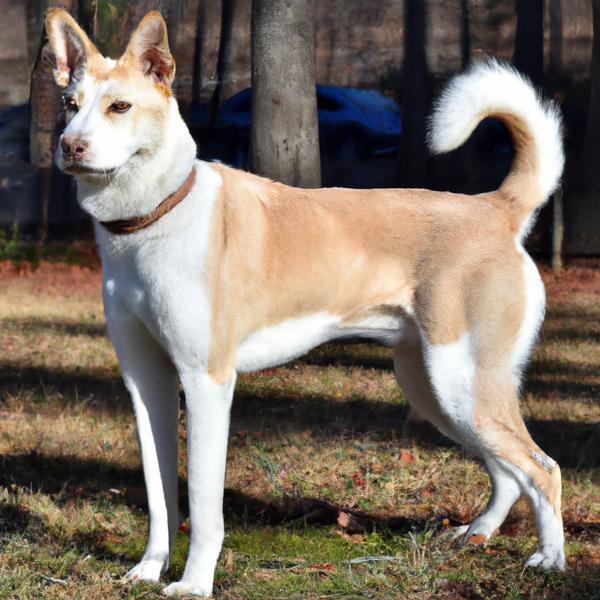
Canaan
Bolognese vs Canaan
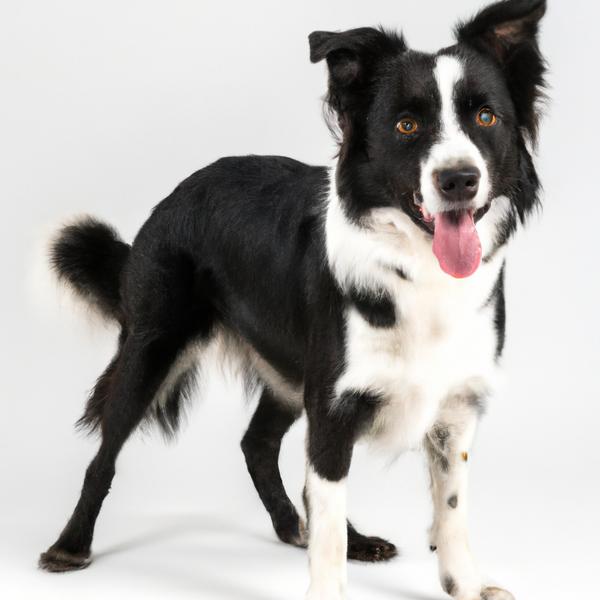
Border Point
Bolognese vs Border Point

Huntaway
Bolognese vs Huntaway
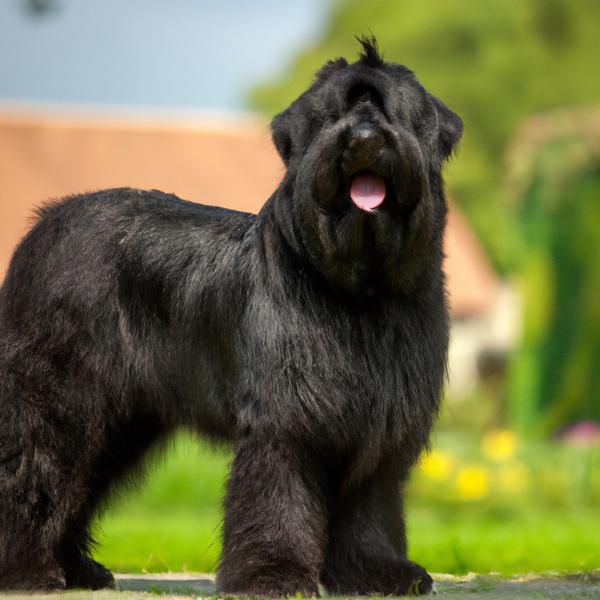
Giant Bolonauzer
Bolognese vs Giant Bolonauzer
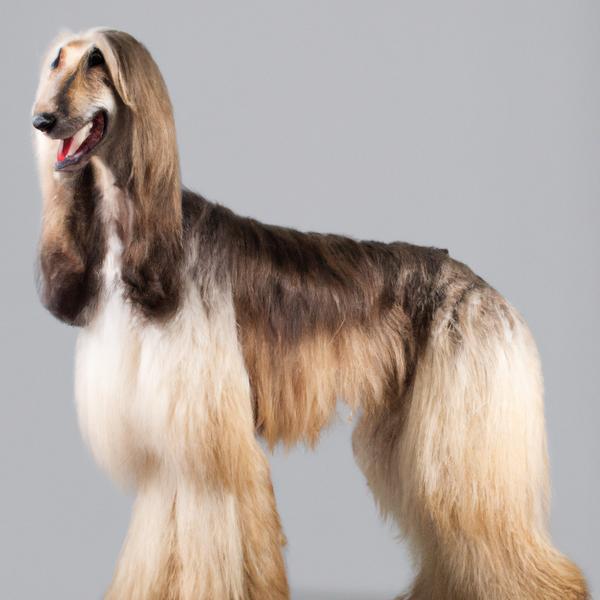
Afghan Hound
Bolognese vs Afghan Hound
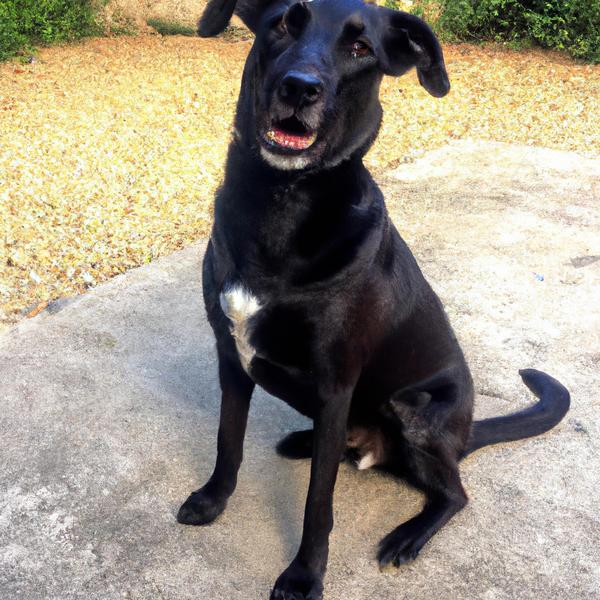
Labollie
Bolognese vs Labollie
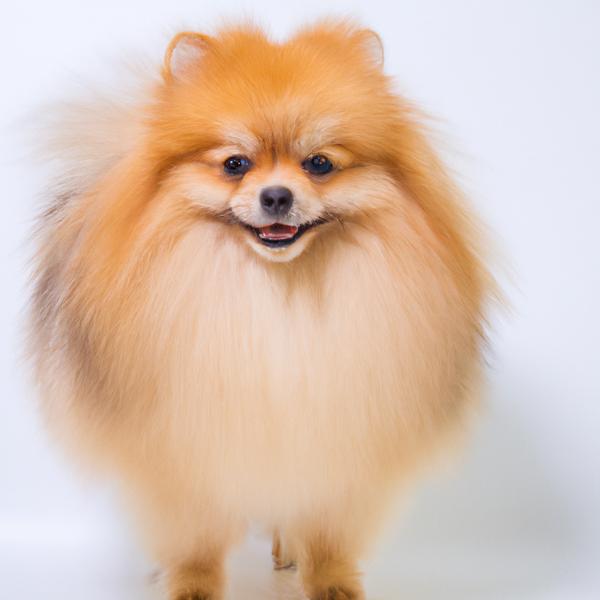
Pom-Kee
Bolognese vs Pom-Kee
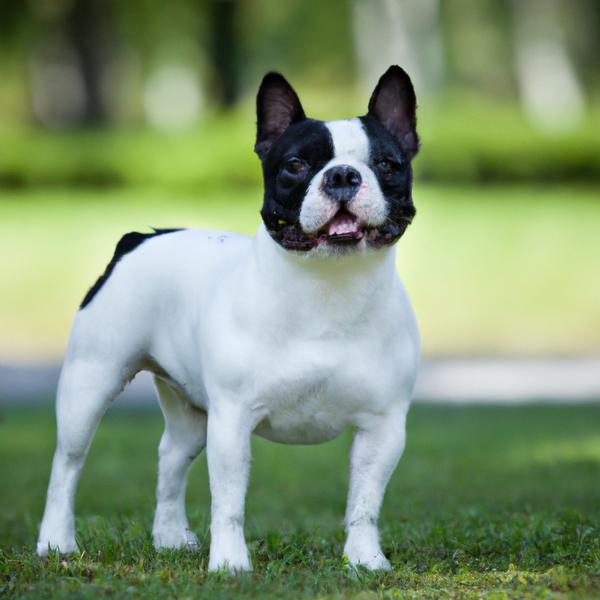
American French Bull Terrier
Bolognese vs American French Bull Terrier
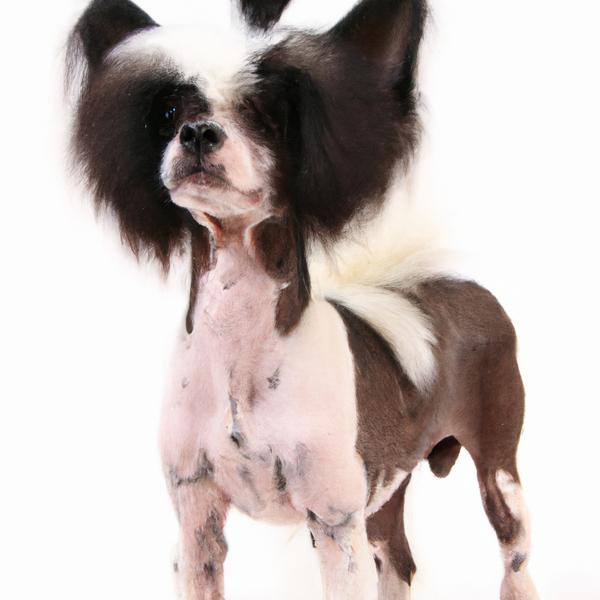
Peruvian Inca Orchid
Bolognese vs Peruvian Inca Orchid
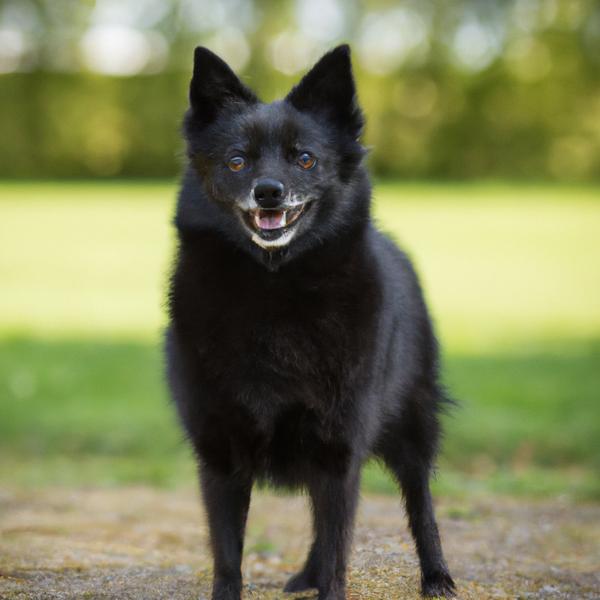
Schipperke
Bolognese vs Schipperke

Cortese
Bolognese vs Cortese
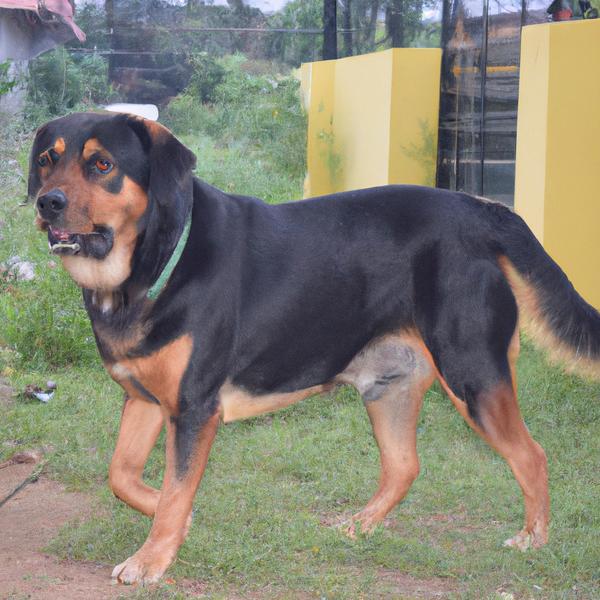
Reagle
Bolognese vs Reagle
